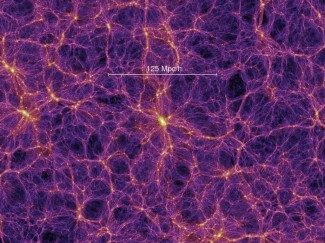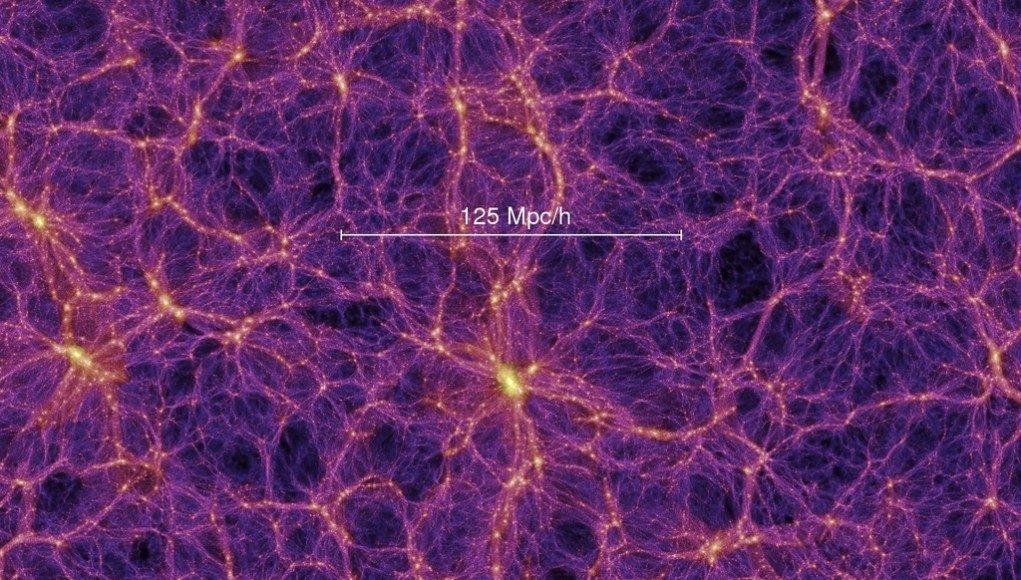
A developer named Markus Lipp has created a spectacular space demonstration for the Oculus Rift that can help you wrap your head around just how big the universe really is. It’s called UniverseVR and utilizes data taken from the Millennium Simulation Project to recreate the vast expanse that is our own universe.
The idea runs along the same lines as the classic Titans of Space Oculus Rift demo. However, instead of exploring only the orbits of our own solar system, this new experience by Lipp is billions of times bigger and gives a fantastic sense of what it feels like flying through the millions of galaxies that fill the immense void of the cosmos.
See Also: Titans of Space: Waltz Through the Solar System in One of the Best Oculus Rift Demos Yet
UniverseVR is controlled with a couple of keyboard commands that allow the space traveller to venture into enormous structures of interconnected galaxies known as superclusters—among the largest known structures in the universe. Truly tapping into the reality that the visualization represents is made easier with the immersive power of VR. It is an awe-inspiring simulation that anyone who has ever looked up at the starry night sky should check out.
Information of approximately 10 billion simulated particles from the Millennium Simulation Project, which models the evolution of a section of our universe that stretches over 2 billion light-years, was integrated into this virtual reality demonstration. The principal supercomputer at the Max Planck Society’s Supercomputing Centre in Garching, Germany, was run continuously for over a month to model the progression of some 20 million galaxies.
All that data has been condensed into this VR experience that shows how powerful virtual reality can be. No longer are people just looking at static visualizations of large scale structures like superclusters on their computer screens, but now they can figuratively transport themselves inside and see what it is like from a first-person perspective as never before.
In UniverseVR, it feels like the user is moving through a galactic network of stars that look similar to a collection of neurons that are all linked together. It’s like journeying within the ‘brain’ of our universe.
Lipp, who says the project is something he’s working on in his spare time, shared a beta version of UniverseVR on Reddit to seek help with testing on various hardware; you can download the beta by clicking here. Try it out and let us know what you think about this experience by dropping us a comment below.







